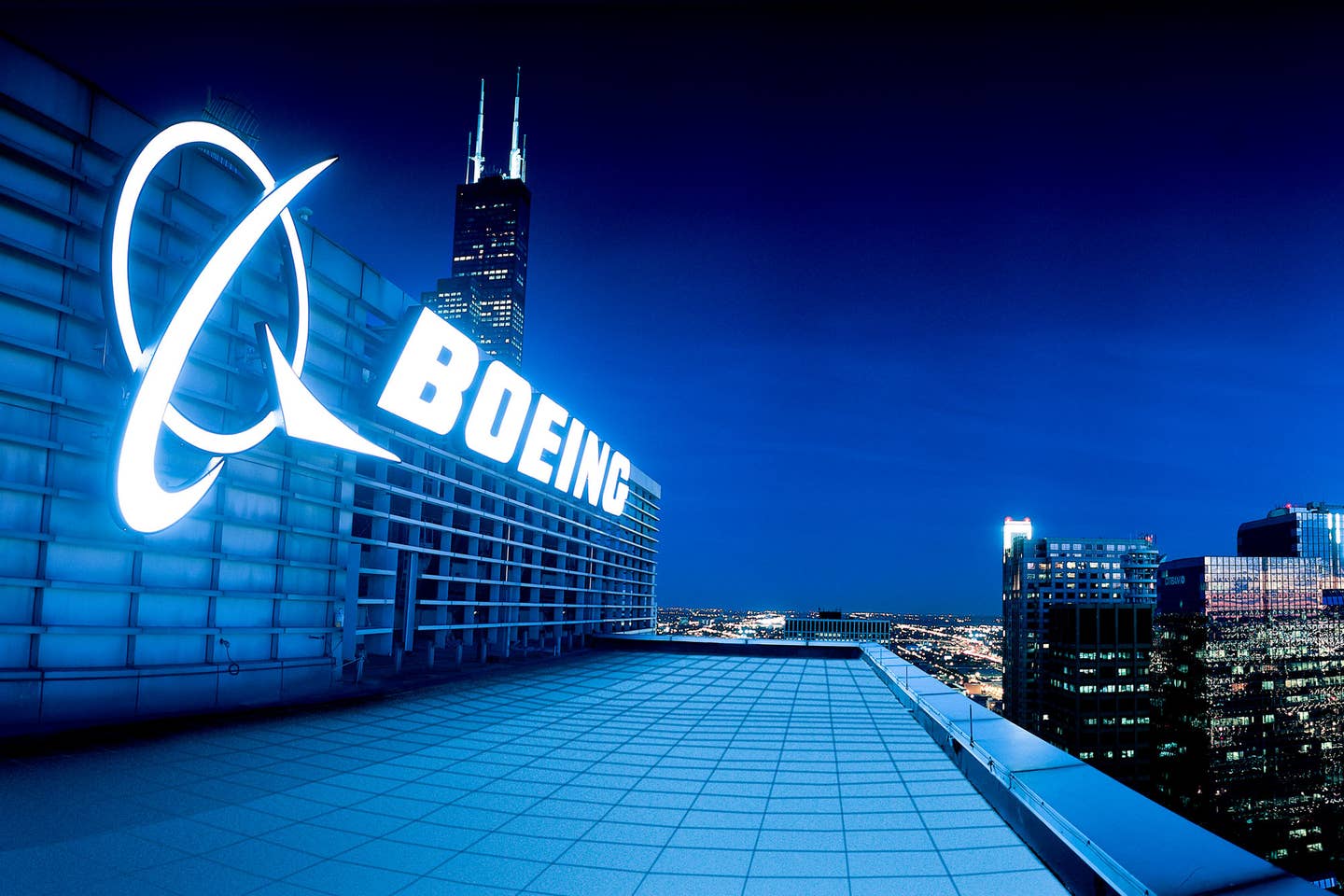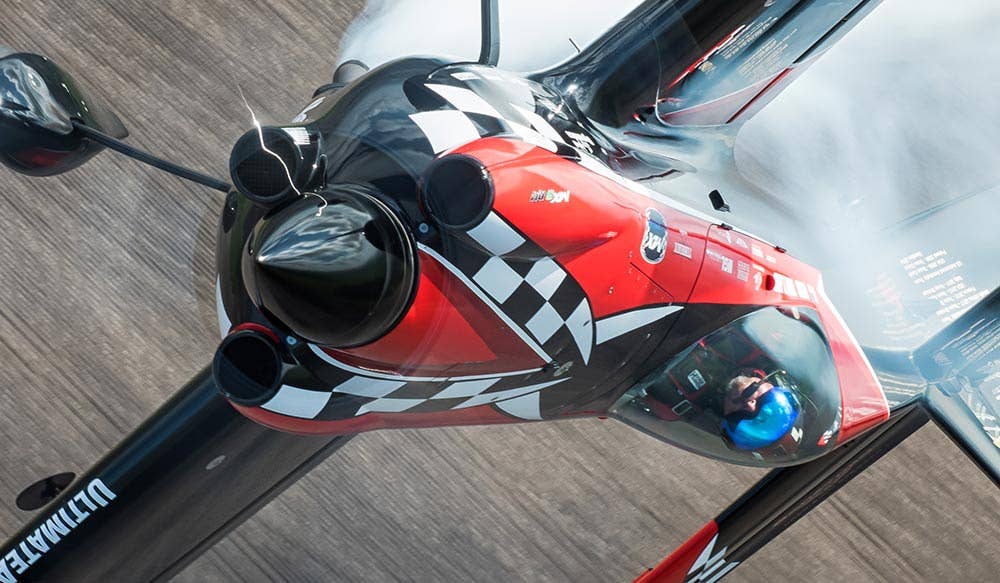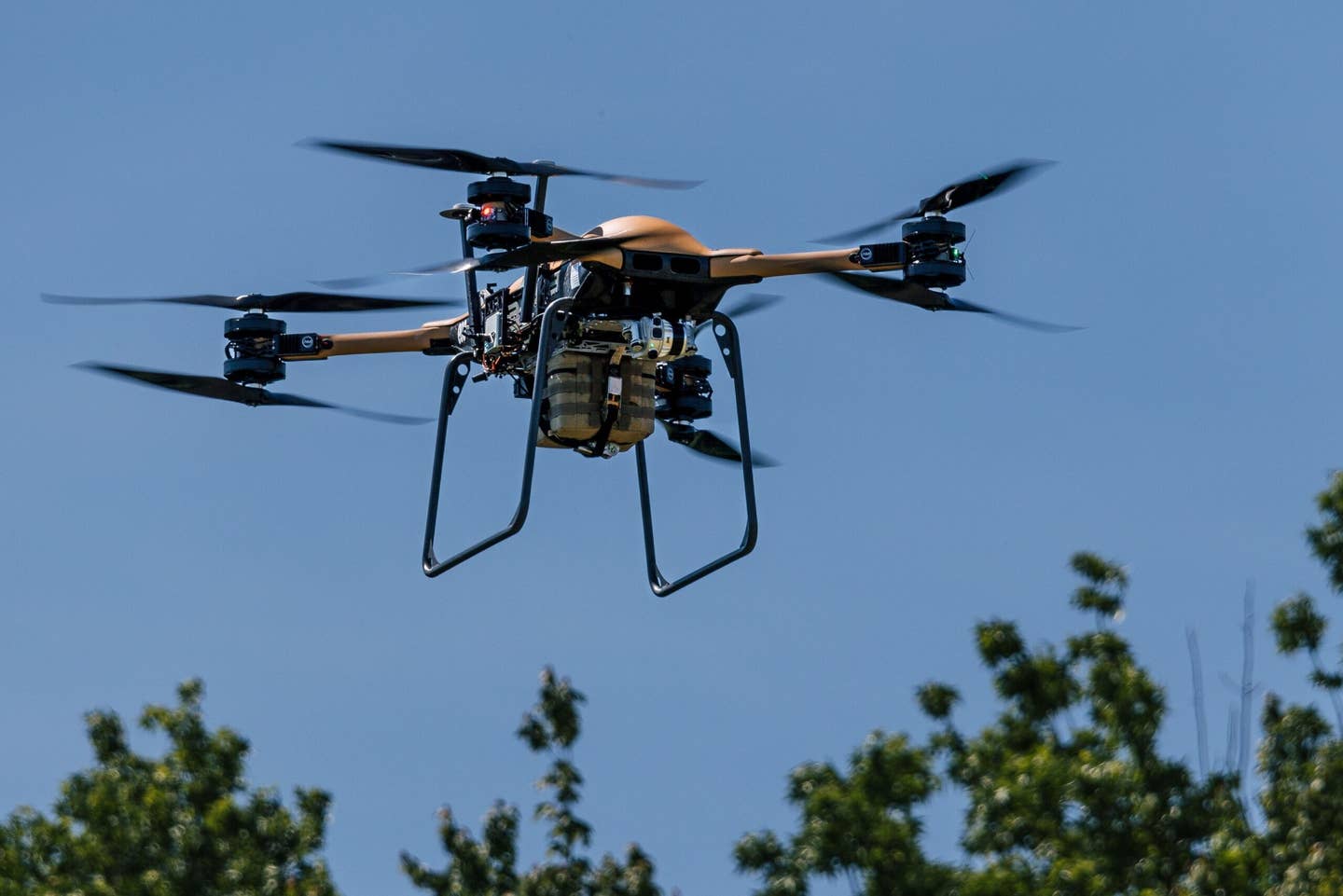Boeing Reports Losses Amid Delays With 787 Program
CEO David Calhoun remained optimistic about his company’s ability to turn things around.

Boeing delivered 99 jetliners, 84 of which were 737 Maxs in the fourth quarter of 2021. [Courtesy: Boeing]
Despite fourth-quarter and full-year earnings results that saw Boeing (NYSE:BA) register three consecutive years of losses, and significant production delays with its 787 program, CEO David Calhoun remained optimistic about his company’s ability to turn things around.
He said 2021 "was a rebuilding year” for the company in a statement Wednesday ahead of the company earnings call. “Across the enterprise, we remain focused on safety and quality as we deliver for our customers and invest in our people and in our sustainable future."
While Boeing’s $4.29 billion in losses last year appears stark, it is a marked improvement from the $11.94 billion the company lost in 2020. It also improved on its year-over-year fourth-quarter loss, with its 2021’s $4.16 billion improving on the $8.44 billion it lost during the same period in 2020.
Boeing has found itself the central character to internal and external disruptions that have upended its early 2010s heyday. The dual 737 Max crashes and a worthy competitor in Airbus (EURONEXT FR:AIR.FP), piled on with a workforce shortage and enduring supply-chain issues have put the company on its heels.
But there is hope, says Calhoun, now entering his second year at the helm.
“We increased 737 Max production and deliveries, and safely returned the 737 Max to service in nearly all global markets.”
Elsewhere, the company says it is being painstaking about the 787 programs so as to not compromise on safety and quality.
“While this continues to impact our near-term results, it is the right approach to building stability and predictability as demand returns for the long term.”
Sales Improving
Across all business segments, the company registered $14.8 billion in revenue for the quarter, 3 percent less than it did the same time last year. But for 2021, Boeing’s revenue increased 7 percent, to $62.3 billion.
The company reported a positive free cash flow of $494 million in the fourth quarter, on the back of surging demand and deliveries last year of the 737 Max after regulators lifted bans on the jets.
“Since the FAA's approval to return the 737 Max to operations in November 2020, over 300,000 revenue flights have been completed, and the reliability of the 737 Max fleet remains above 99 percent (as of January 24, 2022),” the company said in its statement. It is also now producing 26 737 Max’s per month, with plans to expand to 31 early this year.
787 Delays Hurt
Meanwhile, the 787 has taken a toll on the company’s balance sheet, with charges mounting from customers (like American Airlines) amid delays from having to perform rework on the 787 airplanes in inventory. Those production problems have delayed deliveries for 15 months and have cost the manufacturer $3.5 billion in pre-tax charges for the quarter. Those charges could increase another $2 billion throughout 2023.
On its earnings call last week, American Airlines said that the loss of the 787 from its fleet was forcing it to trim its international roster, but that Boeing was picking up the tab.
Presently, the company says production has slowed to a creep, but hopes it will soon be producing as much as five per month in the near future. However, Boeing does anticipate that delays could extend due to regulatory oversight by the FAA.
On the earnings call, Calhoun reframed the situation as a “near-term” and said that once they worked out the wrinkles “we're going to sell a lot of these 787s for decades.”
In the fourth quarter, the company delivered 99 jetliners, 84 of which were 737 Maxs. In all of 2021, Boeing delivered 340 transport category airplanes, up from 157 in 2020.
It also indicates a backlog of more than 4,200 airplanes valued at $297 billion.
Across the military and defense operations segment, 14 re-manufactured AH-64 Apache helicopters were delivered. The newer version of that helicopter also demonstrated strong demand, with nearly a third of all 2021 deliveries happening in the fourth quarter.
Six KC-46 tankers were delivered in the fourth quarter, nearly half of the 13 given to customers in all of 2021. However, there was also a charge of $402 million on the KC-46A program for issues with its remote vision system.
It is worthwhile to pay attention to its growing global services segment, which nearly rivaled jet sales in revenue. For the quarter, the division improved by as much as 15 percent to 4.2 billion in revenue from the 2020s, and 16.3 billion, for the full 2021, a 3 percent jump from the previous period.
The company attributes this to an increasing volume of commercial traffic around the world.
The Culture Question
On the question of the company’s culture, Calhoun said it’s a high priority.
“That’s what we work on all day every day,” he said. “Our culture is focused on getting as close to our work as we possibly can, from the very top of the company, through the engineering ranks all the way down through all the support functions that ultimately have to help mechanics on the line.”
Betting on Wisk’s eVTOL, Cora
Finally, as for the timing of its $450 million investment in Wisk Aero’s Autonomous eVTOL, Calhoun said: “This is definitely the right time to put half a billion dollars into Wisk.”
He gushed about the Kitty Hawk creators of the startup, calling it a “high priority.”
“The world wants autonomy and the world wants electric, and this is going to be our application of those two technologies and to put it into real service by way of certification,” Calhoun said.
The payout schedule for that investment will happen over time and is capped per quarter, which Calhoun says will not disrupt their present-day business in the near term.
Even with a total backlog now valued at $377 billion, the company will have much work to do to regain investor confidence. Immediately following the call, Boeing’s share price tumbled 3.4 percent to $197, a stark drop from its five-year high of $440 back in March 2019.

Sign-up for newsletters & special offers!
Get the latest FLYING stories & special offers delivered directly to your inbox






